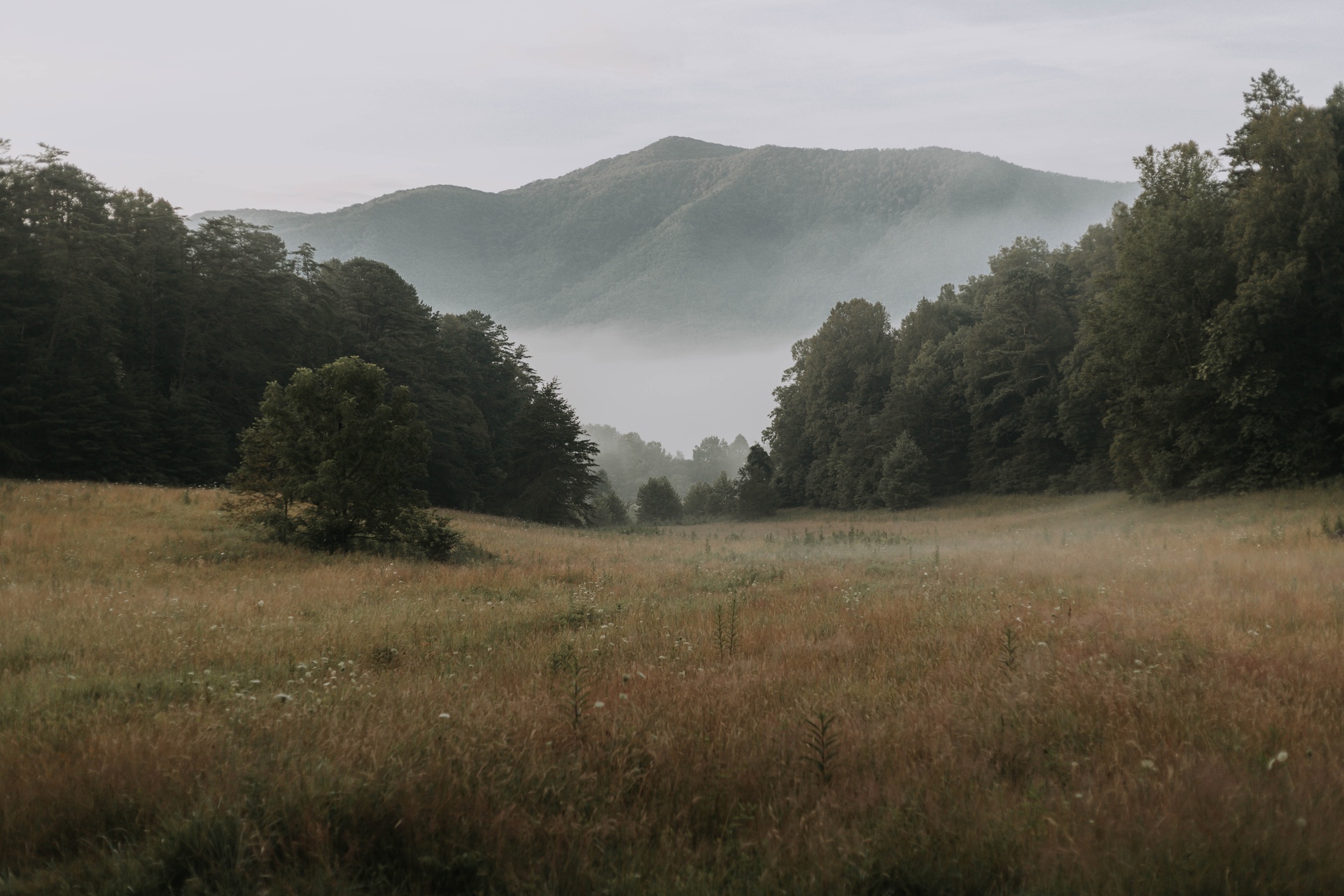The North Carolina legislature created Grainger County April 22, 1796. At the time the county included parts of present day Claiborne, Hamblen, Campbell, Union and Hawkins Counties. From 1801 to 1870, Grainger County was reduced in size to its present borders. In 1799 the county seat was established at Rutledge and the first courthouse was erected.
The county court was organized June 13, 1796 at the home of Benjamin McCarty, who lived approximately two miles below Rutledge. At the first meeting, permission was given by the county court to build the gristmills and saw mills.
Richland Mill was built along Richland Creek in the historic Richland community. I had the pleasure of visiting with Marvin House, owner of the mill. House has done a great deal of work and has the mill and area looking great. While visiting different historical places in Grainger County, Richland Mill gives visitors the feeling that they are actually visiting the late 17th century. There are not many places left where someone can sit on an old stone bridge and watch fish swim up creek in crystal clear water, look over and see the foundation of the Mouth of Richland Baptist Church and walk through the mill and feel the way their forefathers felt.
Mouth of Richland was the first Baptist church organized in Grainger County. It began as a place of Worship for early settlers who had built a fort called Haley’s Station on Richland Creek in what was then part of Hawkins County. In 1788 the church, known as Little Beaver Creek, was in a log structure with a dirt floor and was heated by an open fire built on a raised hearth of logs and dirt. A frame building was erected in 1882 at the intersection of Richland and Indian Ridge Road, and was used until the present brick structure was built in 1956. About the time Grainger County was formed, the church name was changed to Mouth of Richland because of its location on the Richland Creek. Missionary involvement was evident early on, as records show that church members helped establish Buffalo and then Little Flat Creek Church in Knox County in 1797.
